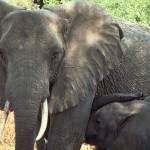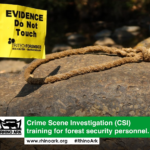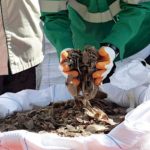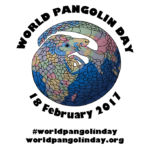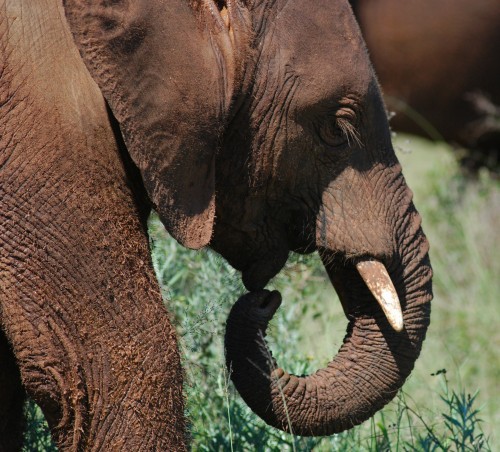
The U.N. Security Council voted unanimously this week to adopt a resolution which would sanction “individuals and entities” which use wildlife trafficking to support armed groups in the Democratic Republic of Congo.
A separate sanctions regime targeting the link between illegal wildlife trade and regional instability was also adopted for the Central African Republic.
U.S. Ambassador to the United Nations Samantha Power noted that the decision “should help not only in promoting stability, but also in protecting our endangered species around the world.”
“The DRC and CAR resolutions are critical. They illustrate the high priority that the Security Council places on ending the human pain and regional instability that accompany these environmental crimes,” said WWF species programme manager Wendy Elliot.
“Individuals involved in poaching and trafficking of wildlife are now singled out for sanctions where the proceeds of their activities have been used to finance conflict.”
TRAFFIC’s Programme Director for Africa and Europe, Roland Melisch, said, “These Security Council resolutions include recognition of the destabilizing influence of wildlife poaching operations on national security.”
“There can be no clearer statement of the seriousness of wildlife crime.”
In March 2013, U.N. Secretary Secretary-General Ban Ki-moon warned that wildlife trafficking, particularly the illicit ivory trade, “constitutes a grave menace to sustainable peace and security” in Central Africa.
The U.N. General Assembly has declared March 3 as World Wildlife Day, both to celebrate wildlife and to bring attention to the global wildlife trafficking crisis.

